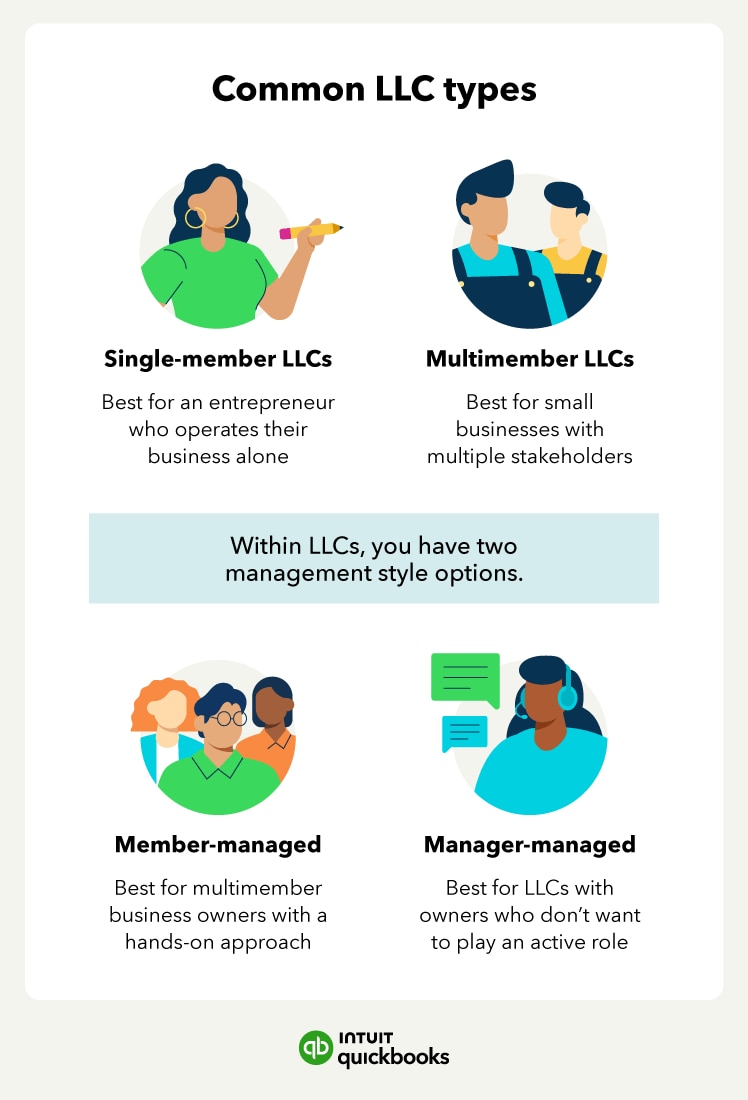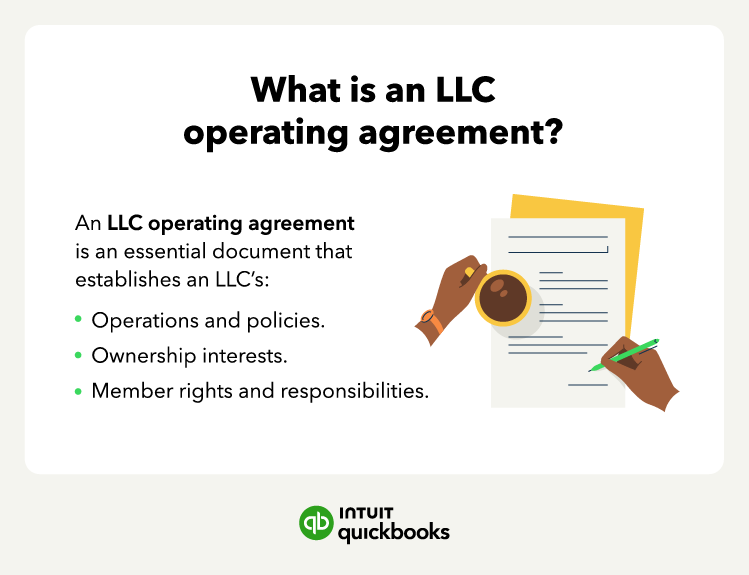Step 1: Choose a name for your Colorado LLC
Establishing your LLC begins with selecting a unique and compliant name that reflects your business identity. Colorado has specific guidelines to ensure each business name meets legal standards.
Colorado LLC naming rules
When selecting a name for your LLC, there are state regulations you must follow:
Must be unique
Your LLC's name must be distinguishable from existing entities registered with the Colorado Secretary of State. To verify name availability, perform a search through the Colorado name availability search tool.
Must include designator
The name must include one of the following terms or abbreviations
- "Limited Liability Company"
- "L.L.C."
- "LLC"
- "Ltd. Liability Company"
- "Limited Liability Co."
- "Ltd. Liability Co."
- "Limited"
Punctuation matters, but capitalization does not.
Avoid prohibited terms
Certain words are restricted or require special approval to be included in your LLC's name. These may necessitate additional documentation or approval from relevant state authorities. Examples include:
- "Bank"
- "Insurance"
- “Trust”
- Words implying affiliation with a governmental agency (e.g., "FBI," "Treasury," "State Department")
- Obscene words and words that imply illegal activities or that violate the law
Use acceptable characters
Only certain letters, numbers, and symbols can be used when filing a business name. See the Secretary of State’s website for a chart of acceptable characters.
Check for name availability
If a business name is already on record with the Colorado Secretary of State, it is considered unavailable. To be approved, an entity name must be distinguishable from existing names in the database.
What makes a name distinguishable?
If you have a name similar to another business, it may still be distinguishable by the following:
- Articles of speech (e.g., “the” and “a”)
- Different abbreviations or terms for business structures (e.g., LLC vs. Limited Liability Company)
- Spacing, hyphens, or parentheses
- For example:
- ABC LLC is different from ABC Limited Liability Company
- ABC LLC is different from A-B-C LLC
- ABC LLC is different from (ABC) LLC
What does not make a name distinguishable?
Certain minor formatting changes do not make a name unique, including:
- Punctuation marks (e.g., periods, commas, underscores, apostrophes)
- Uppercase vs. lowercase letters
- Example:
- ABC Inc is the same as abc inc
- ABC Inc is the same as A.B.C. Inc
- ABC Inc is the same as ABC, Inc
Visit the Colorado Secretary of State website’s Business FAQs page for more information on business entity names.
H3: Reserve your LLC name
While not mandatory, reserving your desired business name with the Colorado Secretary of State can secure it for 120 days, providing you ample time to prepare your formation documents. To reserve a name, file a Statement of Reservation of Name online through the Secretary of State's website. The reservation fee is $25. This proactive step ensures your chosen name remains exclusive during your LLC’s formation period.
















